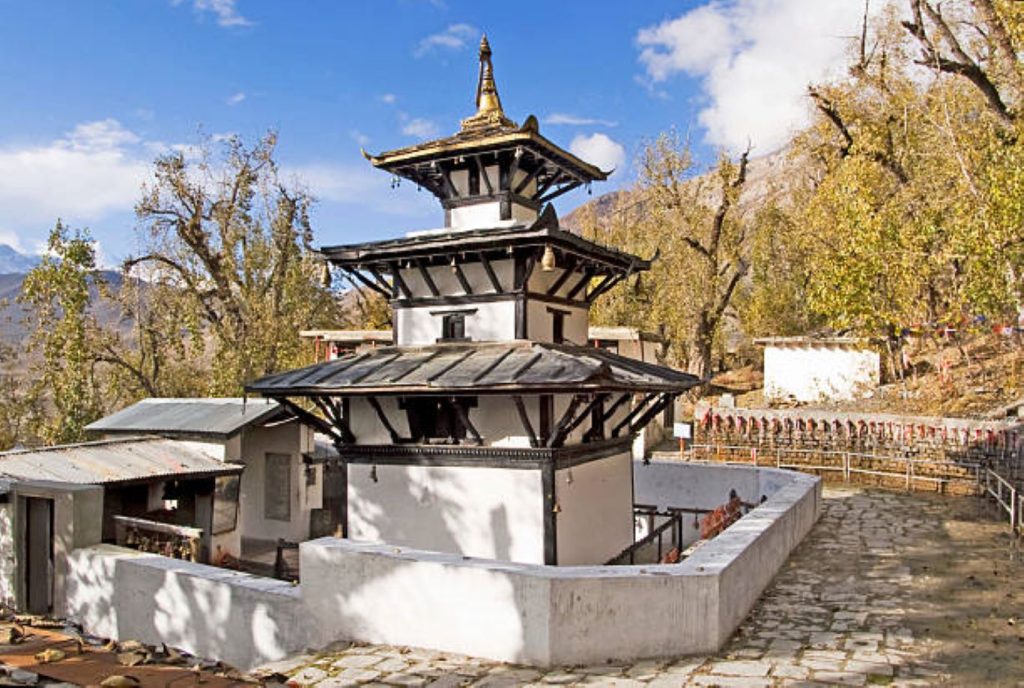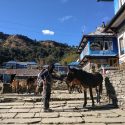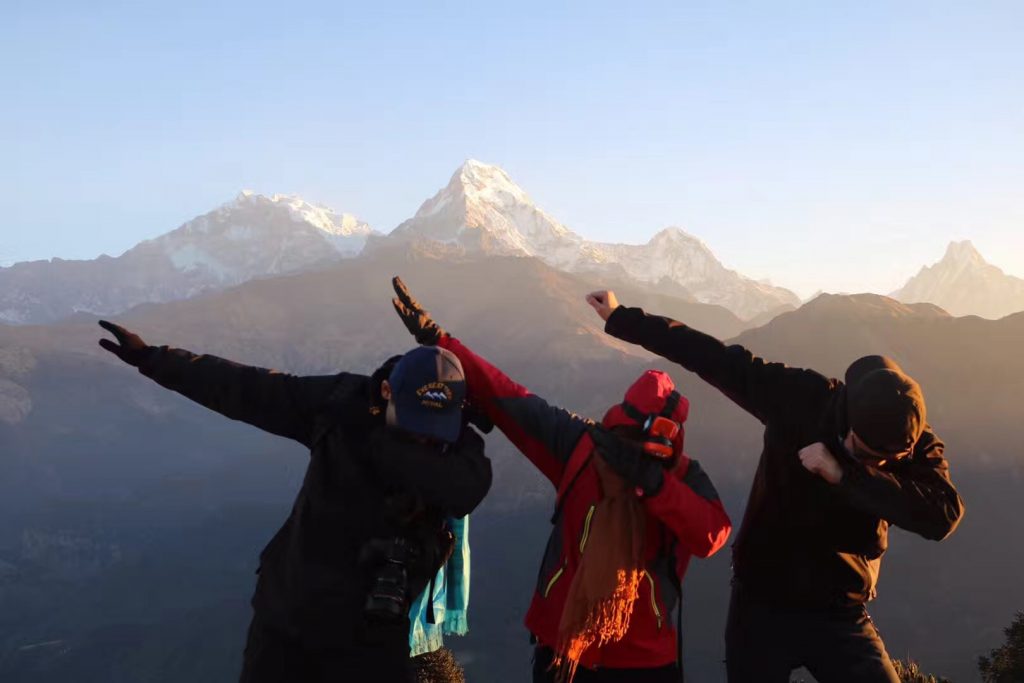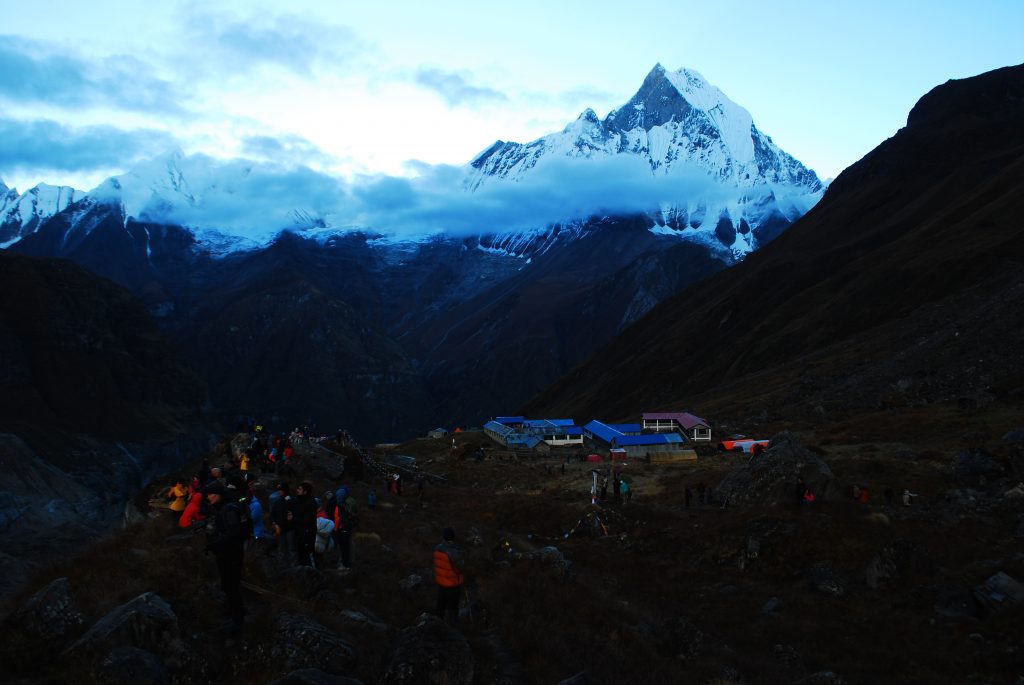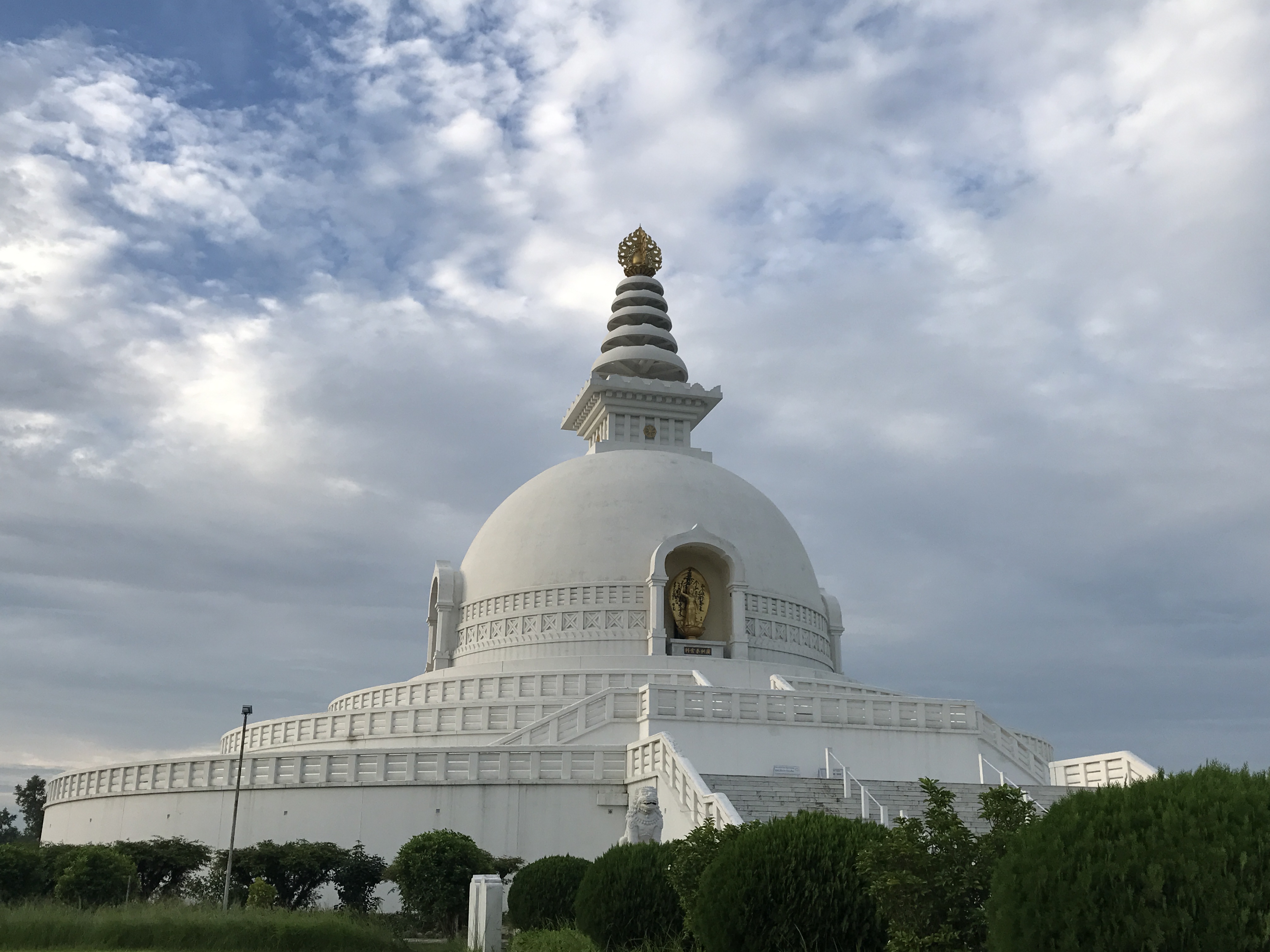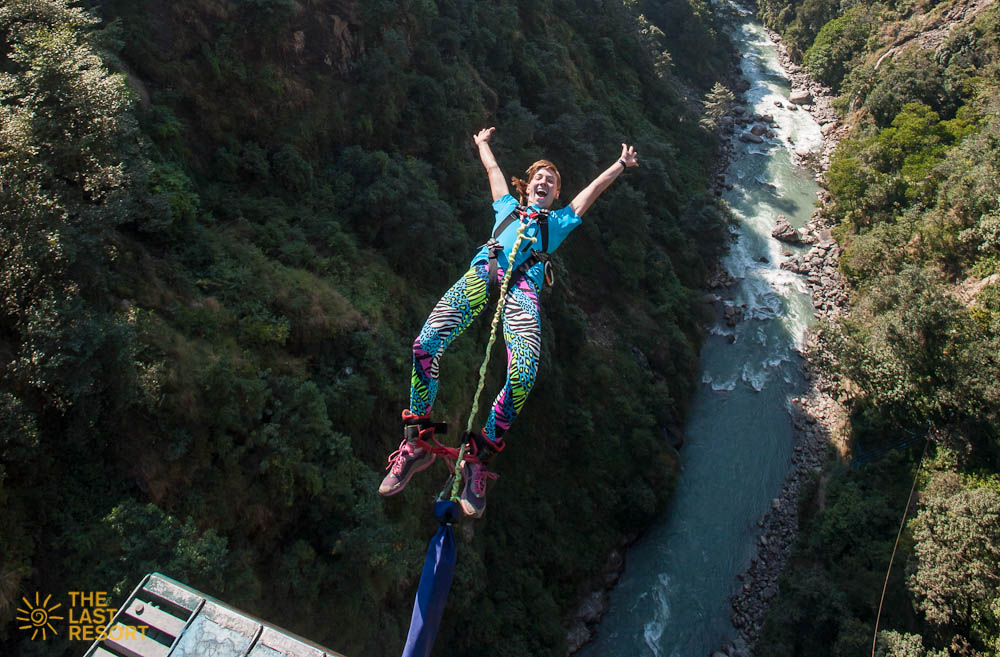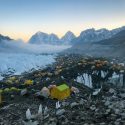Muktinath is a revered pilgrimage site in Nepal’s Mustang district. It is a popular destination for Hindus and Buddhists who come to pay their respects at the Lord Vishnu-dedicated Muktinath temple. The area is also known for its natural beauty, which includes snow-capped mountains, tranquil landscapes, and breathtaking waterfalls.The Muktinath temple is considered to be a Shakti Peetha for a yatra. The origin of the temple is related to the 19th century. People visit Muktinath temple just to get rid of all their sins or you can also say to get “Mukti” from all their sins. Muktinath is one of the most ancient Vishnu temples.

The Muktinath Tour takes you to the holy site revered by both Hindus and Buddhists, which is situated at a height of 3,710 meters in the middle of the Muktinath valley. This location is known to Hindus as “Mukti Kshetra,” which literally translates as “The Place of Salvation.” The temple is highly regarded by the Sri Vaishnava sect and is worshipped as the 105th of the 108 Divya Desams that are currently available. It is also one of the 51 shrines to the Shakti Pitha Goddess.
A human-sized golden statue of Vishnu as Shri Mukti Narayan is guarded by the Muktinath Temple. In addition to Mukti Narayan, the temple also has bronze representations of Bhoodevi (Lakshmi’s Earth-goddess form), Saraswati, Janaki (Sita), Garuda (Vishnu’s steed), Lava-Kusa (Rama and Sita’s kids), and the Sapta.
Best time to visit Muktinath Temple
Muktinath temple is best visited during the autumn and spring seasons, which run from September to November and March to May, respectively.
Autumn Season (September to November): The autumn season is ideal for visiting Muktinath Temple because the weather is pleasant and dry. The temperature during the day ranges from 15°C to 20°C and drops to around 5°C at night. There is no chance of rain, and the skies are clear. This makes it an ideal time for trekking and exploring the region’s scenic beauty. The autumn season is also when major Hindu festivals such as Dashain and Tihar are celebrated in Nepal, adding to your cultural experience.
Spring Season (March to May): Spring is another great time to visit Muktinath Temple. The daytime temperature ranges from 15°C to 20°C, and the weather is dry and sunny. There is no chance of rain, and the skies are clear. The region is also at its most beautiful during the spring season, when the flowers are in full bloom and the landscape is covered in lush greenery. This is also the time of year when the area’s famous Rhododendron forests burst forth in a riot of colour, making it ideal for nature lovers and photographers.
What is the Best Season to visit Muktinath temple for Indians?
The autumn and spring seasons are also ideal for Indians to visit Muktinath Temple. This is due to the pleasant weather and clear skies during these seasons, making them ideal for travel and trekking. Furthermore, the temperatures range from 15°C to 20°C, making it comfortable to explore the temple and surrounding areas.
Furthermore, the region receives very little rainfall during the autumn and spring seasons, making the trekking routes less slippery and dangerous. This is especially important because the trek to Muktinath temple is strenuous and can be difficult during the monsoon season.
In addition, the autumn and spring seasons coincide with major Hindu festivals in Nepal, such as Dashain and Tihar, which adds to the cultural experience of visiting the temple. As a result, Indians who want to visit Muktinath temple should go during the autumn or spring seasons for the best experience.
Frequently Asked Questions about Muktinath Tour Package Cost For Indians
How far is Muktinath from Pokhara?
Muktinath is approximately 176 kilometres (109 miles) north of Pokhara, one of Nepal’s major cities and a popular starting point for visitors to Muktinath. The drive from Pokhara to Muktinath takes about 7-8 hours, depending on the mode of transportation and road conditions.The journey from Pokhara to Muktinath can be long and tiring, but it is also a beautiful and scenic route that offers stunning views of the Himalayas and the surrounding landscape.
What is required to get from Pokhara to Muktinath?
You will need to make travel arrangements to get from Pokhara to Muktinath. Taking a jeep or a flight, or trekking to the temple, are the most common modes of transportation. To enter the temple and surrounding areas, you will also need to obtain the necessary permits and pay the entry fees. It is also recommended to bring appropriate clothing, footwear, and other journey essentials such as a hat, sunscreen, and a water bottle.
How is the route towards Muktinath Temple?
If you’re driving, the journey begins in Pokhara and continues through several towns and villages, including Beni, Tatopani, and Jomsom. The road is mostly unpaved and can be bumpy, especially during the monsoon season, when landslides and road closures are possible. The road, on the other hand, provides breathtaking views of the Himalayas, the Kali Gandaki River, and the surrounding valleys and hills.
What facilities are provided for senior citizens during a Muktinath Tour?
There are lots of facilities provided for senior citizens as we respect the senior citizen. They are the person who loves to do Religious tour. They wish to visit religious places but they are afraid how will they visit as Muktinath temple is in the base of Annapurna Region. There were some senior citizens from India who went to Muktinath tour from our company and they were satisfied by the facilities we gave to them. We offer facilites like we keep rescue team for any kind of help the rescue team are ready to rescue the person by helicopter. We keep pocket oxygen as some senior citizens may need it. We provide them every kind of help and comfort to fulfill their wish to visit Mutktinath Tour.
How to book for Muktinath Tour from India?
Booking a Muktinath tour from India is very simple. You just need to check the itinerary that suits you and you wish to tour. Then there you may see the cost section and on the top you will see Email section. You can simply mail us for the booking process. If you don’t wish to mail you can talk us through the different kinds of social medias. We would need some basic documents. Then we will make a agreement for the tour. After that you need to pay some amount for the booking confirmation. After booking the tour the rest of the payment can be done when you come to Nepal.
What are the documents required for visiting Muktinath temple for Indians?
The documents required to visit Muktinath Temple for Indians are you need to carry valid government such as Adhaar card, Voter card or the driving license. With that you would need a permit to visit Muktinath is permit: To enter the Annapurna Conservation Area, where Muktinath temple is located, you must first obtain a permit. The permit can be obtained from the Nepal Tourism Board in Kathmandu or the Pokhara municipal authorities. But we can help you to get permit from the company only. Another document required to visit Muktinath temple is Trekker’s Information Management System (TIMS) card: If you are trekking to Muktinath temple, you must obtain a Trekker’s Information Management System (TIMS) card from the Nepal Tourism Board in Kathmandu or Pokhara. But when you will book with us we will provide you the tims card and permit through the company itself.
What is the accommodation and food facilities in Muktinath Tour?
The accommodation in Muktinath tour is good. There are many hotels and home stays which provides the best facilites for the tourists who come to visit temple. You will get a comfortable rooms with AC and Non AC.
Muktinath’s cuisine is primarily vegetarian, with a variety of local and Indian dishes available. The price of food varies according to where you eat and what you eat.
How to do payment from India to Nepal?
You can do payment from India to Nepal in a easy way. You just need to contact the company and ask them if they have the system of recieveing the money from India to Nepal or not. Most of the company does collaboration with Indian comapnies or they keep the bank account in India. 